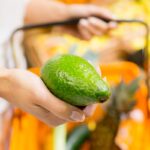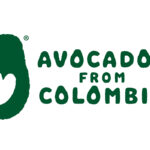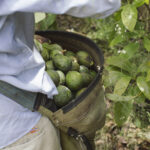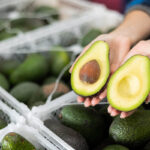Project to fight drought losses for avocados and table grapes in Chile

Drought is creating production problems worldwide and it's becoming even more difficult to confront in Chile. So, the country's fruit industry is creating new initiatives to fight losses from drought.
Chilean research institute INIA's researcher Alejandro Antúnez has recently started a project to manage water resources for the country's key categories - table grapes and avocados.
He explained to FreshFruitPortal.com the process of creating a more efficient, productive system even in the face of a drought.
The project's goal is to "improve water productivity and that comes by improving what we can produce with one cubic meter of water," he said. That way, producers are able to make the most out of the scare resources that they do have - a common problem threatening farmers' crop in Chile.
"The industry is trying to reduce such dependency on irrigation by, principally, decreasing evaporation directly from the ground and then, by reducing the transpiration process that plants have to do for these crops without affecting the fruit's quality and, hopefully, not decreasing yields," described Antúnez.
First started in 2018, the INIA's project has thus far succeeded in reducing the amount of water the industry uses. For instance, "in the case of avocados, we are getting close to having kilos less of water used than the industry standard," he said.
How the drought mitigation project works in practice
Antúnez then detailed the three strategies that the project has put in place to reduce water use.
First is what the industry calls a drip irrigation system in which the 30cm tube releases water in exact quantities to plants.
Producers have also began implementing mulch or plastic over the base of the avocado tree as a way to mitigate water loss.
"The practice that we use that has the highest impact possible is the closed plastic tube for irrigation but in terms of cost-benefit, the mulch/plastic combination is what makes the most sense," detailed Antúnez.
When asked if the implementation of various practices in the field has had an impact on the quality of fruit, he told us that it's actually the opposite case. Rather than decreasing in quality, oftentimes fruit is better protected as an intended consequence of the irrigation systems, he explain.
So, wind doesn't get to the plants as easily, creating higher-quality fruit.
A challenge for the industry now, though, is that its strategies may be difficult to put in place at a larger scale. Recognizing the limits of the system, Antúnez said that the structure of the system makes it difficult to use in hilly areas.
Further, "the plastic can't be maintained throughout the winter" because of the intense winds in the season.














































